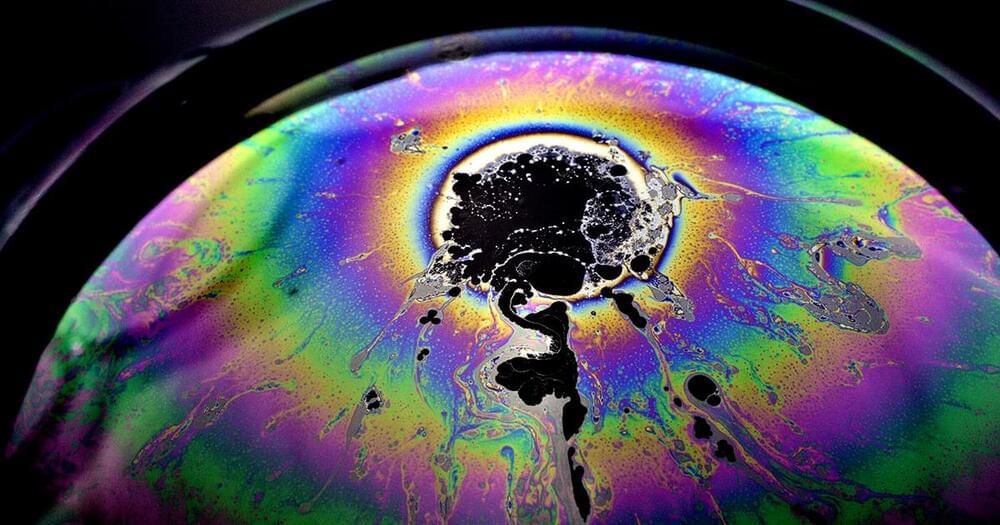Circa 2021 face_with_colon_three
In the cosmological context, space can get similarly stuck in a false vacuum state. A speck of false vacuum will occasionally relax into true vacuum (likely through a random quantum event), and this true vacuum will balloon outward as a swelling bubble, feasting on the false vacuum’s excess energy, in a process called false vacuum decay. It’s this process that may have started our cosmos with a bang. “A vacuum bubble could have been the first event in the history of our universe,” said Hiranya Peiris, a cosmologist at University College London.
But physicists struggle mightily to predict how vacuum bubbles behave. A bubble’s future depends on countless minute details that add up. Bubbles also change rapidly — their walls approach the speed of light as they fly outward — and feature quantum mechanical randomness and waviness. Different assumptions about these processes give conflicting predictions, with no way to tell which ones might resemble reality. It’s as though “you’ve taken a lot of things that are just very hard for physicists to deal with and mushed them all together and said, ‘Go ahead and figure out what’s going on,’” Braden said.
Since they can’t prod actual vacuum bubbles in the multiverse, physicists have sought digital and physical analogs of them.
